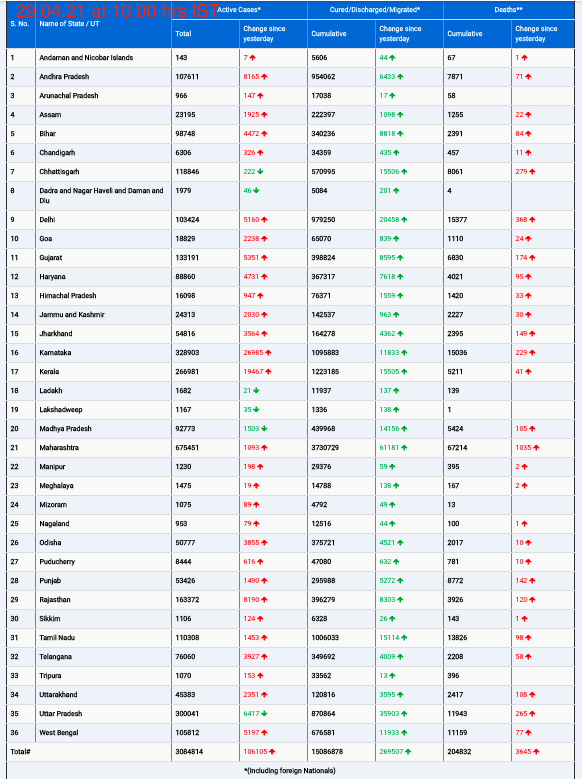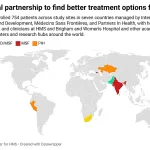In a groundbreaking development, the US Food and Drug Administration (FDA) has approved tirzepatide (Zepbound, Eli Lilly) as the first drug therapy for moderate to severe obstructive sleep apnea (OSA) in adults with obesity. Previously, OSA treatments primarily relied on mechanical interventions such as positive airway pressure (PAP) therapy.
“Today’s approval marks the first drug treatment option for certain patients with obstructive sleep apnea,” said Dr. Sally Seymour, director of the FDA’s Division of Pulmonology, Allergy, and Critical Care. “This is a major step forward for patients with obstructive sleep apnea.”
A Dual-Purpose Drug
Tirzepatide, initially approved under the brand name Mounjaro for type 2 diabetes in 2022 and as Zepbound for weight loss in 2023, is a dual glucagon-like peptide 1 (GLP-1) and glucose-dependent insulinotropic polypeptide receptor agonist. The once-weekly injectable has now been repurposed to address OSA, a condition characterized by repeated airway blockages during sleep that lead to snoring, daytime fatigue, and increased cardiovascular risk.
Excess weight is a key risk factor for OSA, and Zepbound’s ability to promote significant weight loss is believed to underlie its effectiveness in reducing OSA severity.
Clinical Evidence and Results
The FDA’s approval was based on the results of two phase 3, double-blind, randomized controlled trials—SURMOUNT-OSA—conducted across nine countries. Participants included 469 patients unable or unwilling to use PAP therapy and 234 who were already using PAP.
After 52 weeks, participants receiving tirzepatide experienced significant reductions in apnea-hypopnea index (AHI), which measures OSA severity. Those treated with tirzepatide had 27-30 fewer AHI events per hour, compared to 4-6 fewer events in the placebo group. Furthermore, many achieved OSA remission or a reduction in severity to mild levels.
In addition to alleviating OSA symptoms, tirzepatide contributed to up to 20% body weight reduction among participants, compared to minimal weight loss with placebo.
Side Effects and Challenges
While the drug represents a significant advancement, it is not without side effects. Reported issues include gastrointestinal symptoms such as nausea, vomiting, diarrhea, and constipation, as well as fatigue, injection site reactions, and gastroesophageal reflux disease.
Experts also highlight challenges in adherence. Although trial adherence to tirzepatide was high, real-world data suggests that up to 50% of patients discontinue GLP-1 receptor agonist therapy within a year.
Dr. Sanjay R. Patel, an expert in sleep medicine, emphasized this concern in an editorial accompanying the publication of the SURMOUNT-OSA results in The New England Journal of Medicine. “Adherence to treatment and addressing racial disparities in access to care must remain priorities as tirzepatide is integrated into OSA treatment pathways,” Patel wrote.
Addressing Disparities
Patel also raised concerns about racial inequities in access to GLP-1 receptor agonists for obesity and diabetes. “Without addressing coverage policies, the availability of tirzepatide for OSA could exacerbate disparities in care,” he noted.
A New Era in OSA Management
The approval of Zepbound for OSA represents a paradigm shift, providing a non-mechanical treatment option for a condition that affects millions of adults worldwide. While challenges such as long-term adherence and equitable access remain, the FDA’s decision marks a significant milestone in the treatment of both obesity and sleep apnea.











